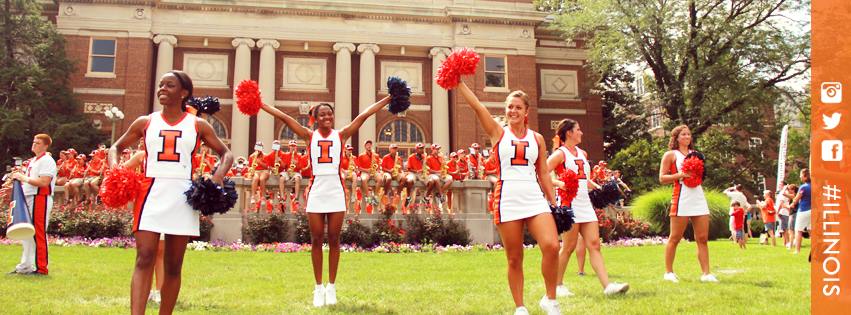Communication
Communication is fundamental to an enormous variety of human activities. As a Communication major you will develop a sophisticated understanding of communication in all aspects of public and private life. This includes valuable skills for the workplace, one’s private life, and the diverse range of interactions people have in their communities and beyond. Communication skills are in high demand by employers. Students can take classes to develop their leadership abilities, become better team members, and learn to be savvy users of communication technologies. Because the major emphasizes deep understanding of communication processes, students will be ready to change and adapt their communication skills throughout their careers, even as the specific tools of communication evolve.
Communication offers six concentrations. Alternatively, students can choose a more general course of study in consultation with their academic advisor.
Examines human interaction as always grounded in cultural contexts. Cultural dimensions of communication can be approached by the in-depth study of particular contexts, by comparison of different contexts, or by examination of what happens when participants from different backgrounds interact.
Pertains to the multifaceted association between communication and health, including (but not limited to) campaigns to improve health behaviors, individuals and families coping with health issues, communication within and about health organizations and institutions.
Examines the varied communication processes that underlie organizing. Organizing occurs in many forms (e.g., coordination of paid and volunteer work, ad hoc organizing among first responders in an emergency, the formation of professional standards).
Examines the processes of human interaction. Interpersonal communication occurs in many contexts (e.g., among coworkers, between friends, within families). It can happen in face-to-face interactions or interactions mediated through communication technologies.
Concerns how people send and receive messages across time and space. Research in this area examines message flows to large and small audiences, with an emphasis on how technologies of communication influence the formation, transmission, and reception of messages. It also examines the social, political, and organizational forces that act on the creation and use of communication technologies.
Explores the ways in which people create public communities. It occurs in a variety of social settings and concerns itself with the creation of social truths, the kinds of values and beliefs that are developed by public advocates and used to guide social and political decisions.
- CMN 101—Public Speaking
- CMN 102—Introduction to Communication Theory & Research
- CMN 212—Introduction to Organizational Communication
- CMN 230—Introduction to Interpersonal Communication
Students should consult with an academic advisor regarding course selection prior to the advanced registration period.
Communication is central to many human endeavors making the communication major excellent training for a wide variety of fields, including business, sales, law, nonprofit management, public affairs, human resources, marketing, training and development, and many more. Through internships and curricular concentrations, students can prepare for careers related to business and industry, government and education, health professions, media, and public policy and law.
- Speaking and Listening skills
- Teamwork
- Leadership
- Adaptability
- Working with diverse partners
- Cultural understanding
- Problem solving
- Using communication technologies
|
Business and Industry |
|
|
Government and Education |
|
| Health Care |
|
| Media, Marketing, and Advertising |
|
| Public Policy & Law |
|
Some careers may require education beyond an undergraduate degree.
- Earn credit with a Communication Career Internship
- Participate in undergraduate research
- Apply for a study abroad experience
- Use resources of The Career Center
- Join the Communication Ambassadors
There are several professional organizations dedicated to Communication. Their websites might be able to provide a glimpse in the world of Communication. These organizations include National Communication Association and The Illinois Communication and Theatre Association


